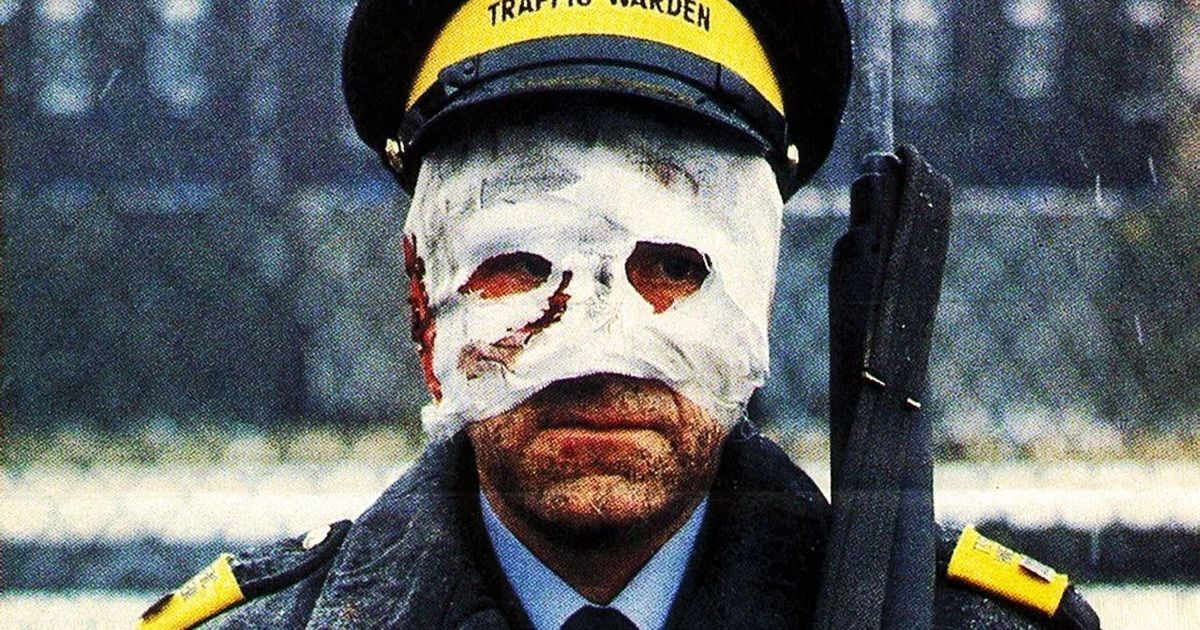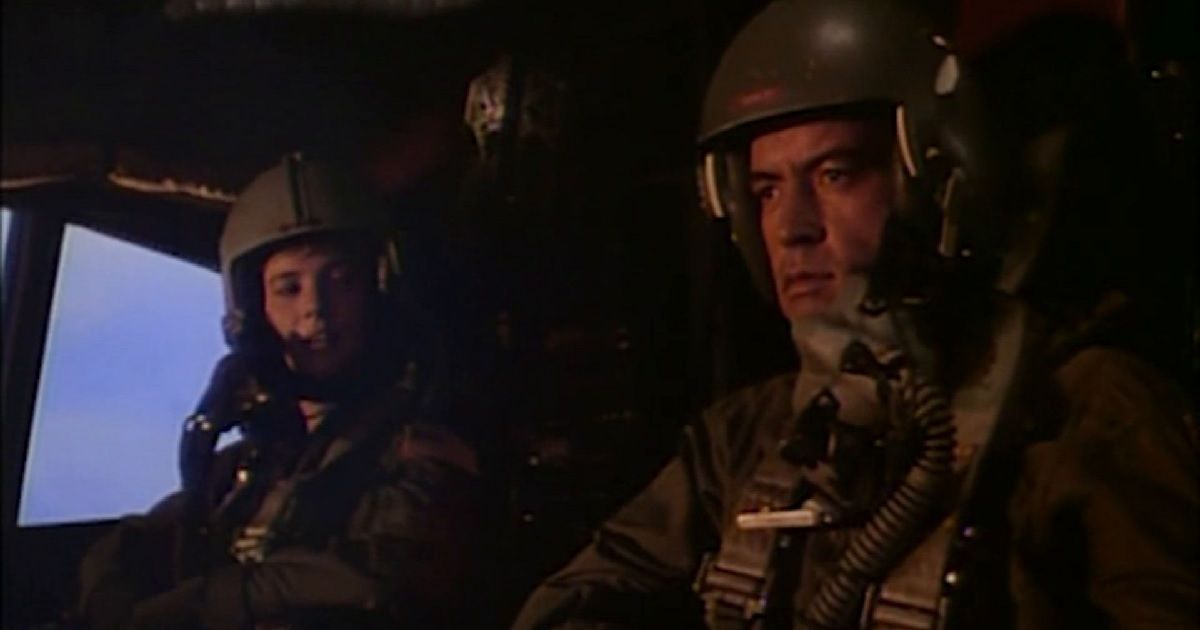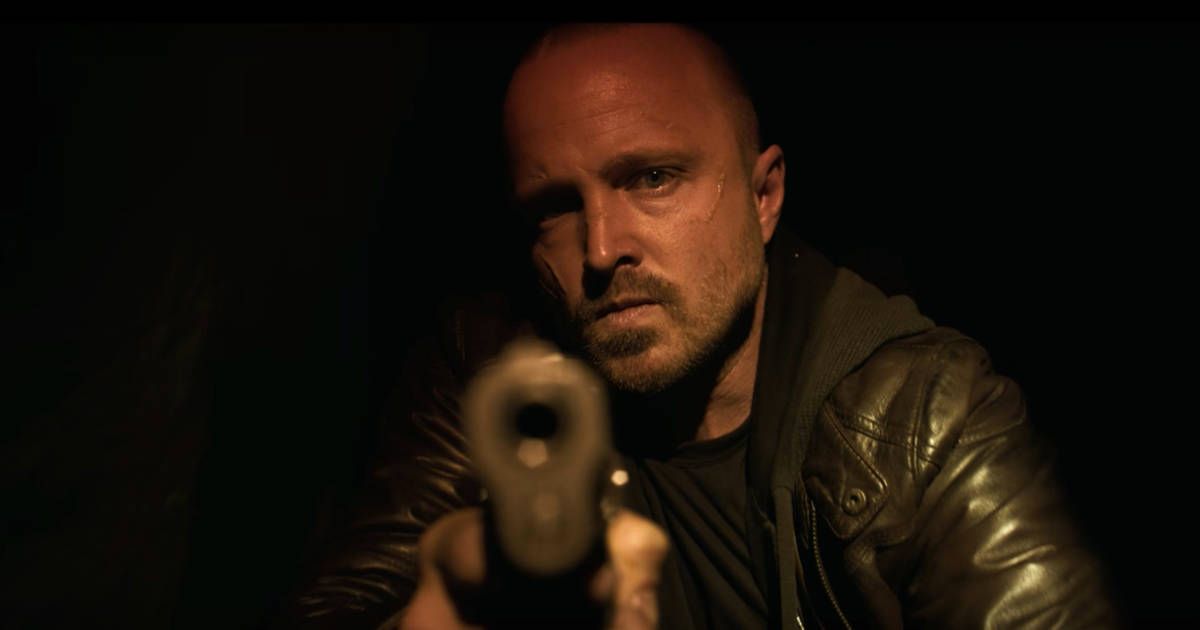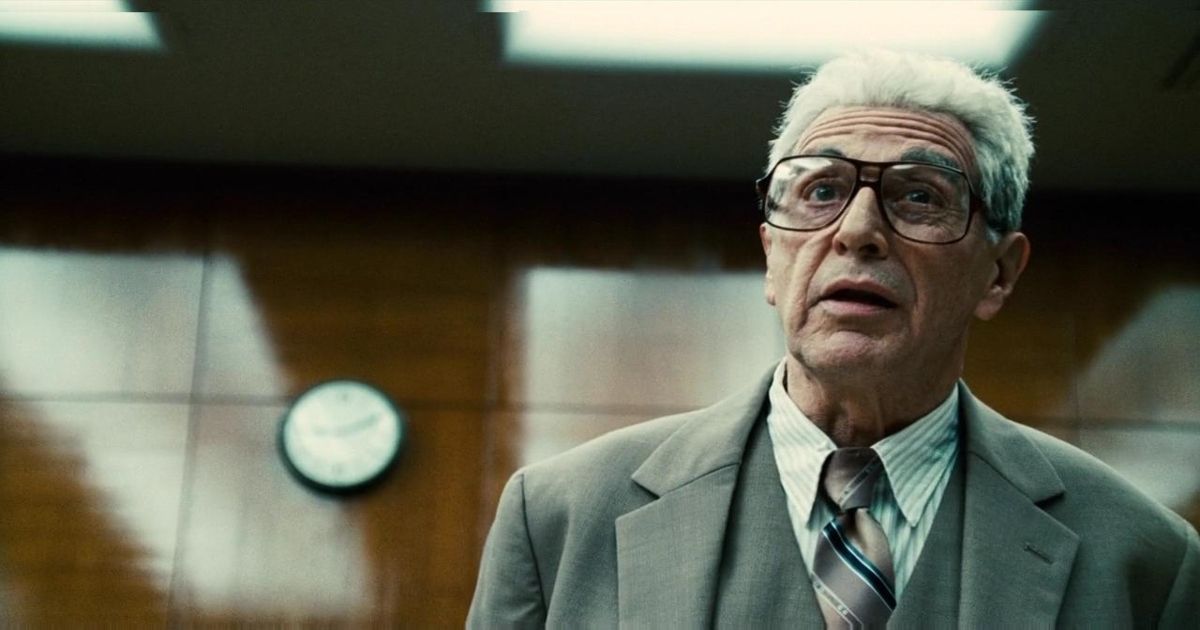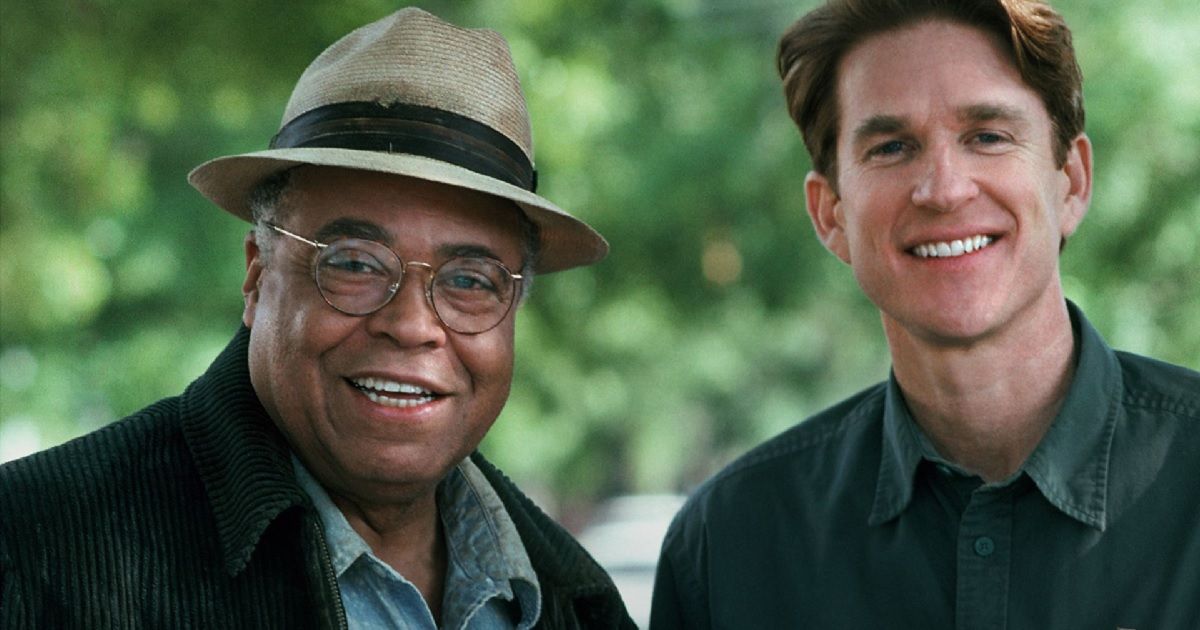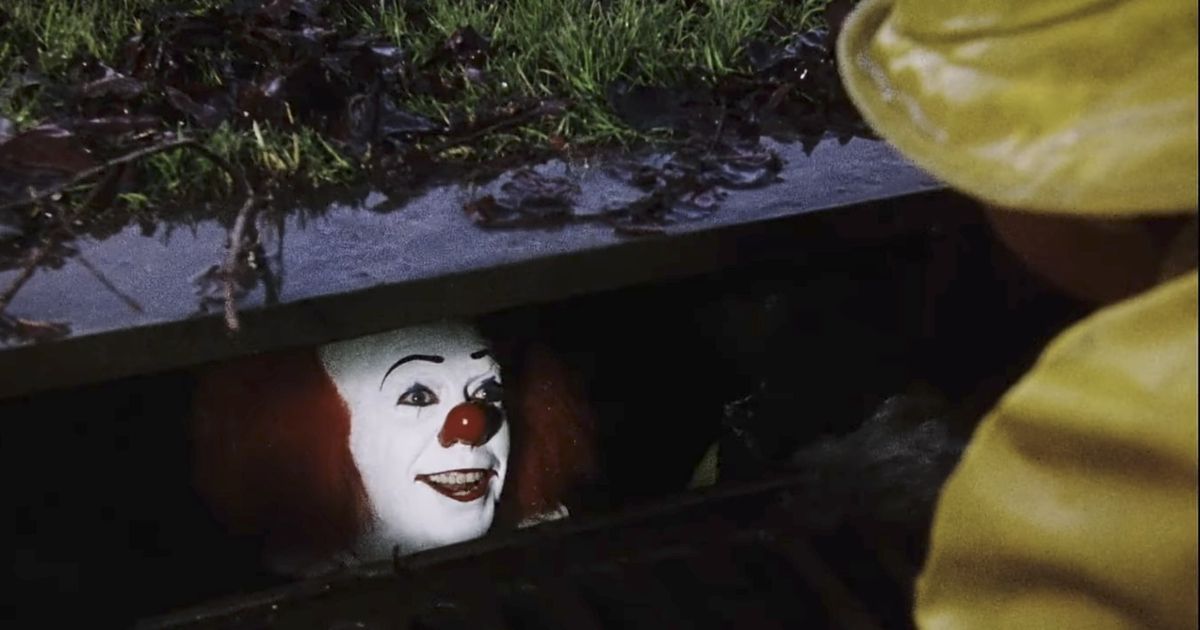Since their debut in the early 1960s, made-for-TV movies have captivated viewers and have pushed the boundaries of television's content, subject, and form. The first widely acknowledged film released on the small screen was NBC’s 1964 drama See How They Run, which depicts three orphans as they become entangled with a corrupt international cartel. From that moment on, made-for-TV movies became a highly utilized and often successful approach to releasing content; by 1996, 264 pictures were made by five of the six largest television networks at the time. In many cases these TV flicks resembled B-movies, a style of low-budget filmmaking that's generally less of a gamble due to their low production cost, making them efficient and easier to create.
From their official debut in 1964 to the turn of the century, made-for-TV movies were extremely popular and helped introduce countless famous faces; the highly-esteemed Steven Spielberg’s directorial debut was the acclaimed 1971 television movie Duel, while Angelina Jolie’s major breakthrough role was in the 1998 Gia Carangi HBO biopic Gia. Despite some preconceived notions about such pictures, they remain a reliable go-to for cinephiles and garner both attention and success, though they have shifted from cable networks to larger streaming platforms. These are nine of the best made-for-TV movies ever made.
Updated on August 27th, 2023 by Danilo Raúl: This article has been updated with additional content to keep the discussion fresh and relevant with even more information and new entries.
15 Gia (1998)
The 1998 biographical drama Gia details the life of Gia Carangi, a top fashion model of the 1970s and depicts her spectacular rise to fame in the modeling industry and her tragic and untimely death. Angelina Jolie stars as Carangi, who is widely considered by many to be the first official supermodel; the television film chronicles the destruction of the esteemed beauty’s life and career and her spiral into heroin.
The actress utilized the method approach for the project, opting to stay in character even in-between scenes and shooting. Gia was well-received by both critics and audiences and helped catapult Jolie to fame for her poignant portrayal of the model. On the film and performance, the early website Reel retrospectively noted, “Jolie gained wide recognition for her role as the titular Gia, and it’s easy to see why. Jolie is fierce in her portrayal–filling the part with nerve, charm, and desperation–and her role is quite possibly the most beautiful train wreck ever filmed.”
14 The Day After (1983)
Nicolas Meyer’s 1983 sci-fi drama The Day After hypothesizes a fictional war between the NATO forces and the Warsaw Pact countries that culminates in a full-scale nuclear holocaust between the United States and Soviet Union. The film focuses on the devastating effects on small-town residents of eastern Kansas, and was watched by more than 100 million people in 39 million households during its initial broadcast.
The Day After and its graphic subject were heavily featured in the news media both prior and after the broadcast, appearing on publications such as TIME, Newsweek and TV Guide. U.S. President Ronald Reagan watched the film a month before its worldwide debut, and wrote in his diary that the drama was “very effective and left me severely depressed.” The monumental flick was nominated for 10 Emmy Awards and won two, and is one of the highest-rated television films in history.
13 Duel (1971)
In his feature-length directorial debut, cinema icon Steven Spielberg helmed the 1971 action thriller Duel, and centers on a business commuter who finds himself chased and terrorized by a malevolent driver of a massive tractor-trailer. The picture was originally aired as part of the ABC Movie of the Week before receiving an international theatrical release, and stars Dennis Weaver as the harassed salesman.
Frequent Twilight Zone writer Richard Matheson adapted the script from his own short story that was originally published in Playboy magazine; he drew inspiration for the story after being tailgated by a trucker following a golfing match. The Emmy-winning film garnered universal praise, with Spielberg’s direction specifically singled out and heralded. Duel has since become an influential cult classic, and is considered one of the greatest made-for-television films ever made, leading to Spielberg's incredibly successful career.
12 The Rat Pack (1998)
Rob Cohen’s 1998 HBO drama The Rat Pack showcases both the private and public lives of the iconic entertainers Frank Sinatra, Sammy Davis Jr., Dean Martin and Peter Lawford, dramatizing their often volatile relationships with each other and their famous friends. Don Cheadle memorably portrays Sammy Davis Jr. and only had a couple of weeks to prepare for the role; he had to learn how to sing, tap dance, and become acquainted with various musical instruments.
For his performance, Cheadle won a Golden Globe Award and the biopic’s other outstanding lead actors received praise, including Ray Liotta and Joe Mantegna. On the star-studded picture, the Seattle Times proclaimed, “What’s surprising is the way the deftly handled drama exposes the darkness without destroying the glamour.”
11 Trilogy of Terror (1975)
1975’s anthology horror flick Trilogy of Terror contains three segments, each based on unrelated frightening short stories by author Richard Matheson and features Karen Black in four different roles. One tale focuses on a college student’s crush on his teacher, the second about bizarre twin sisters and the final about a Native tribal doll that terrorizes a woman in her apartment.
The TV movie helped establish Black as a horror film performer and has earned a reputation as a cult classic. The Zuni tribal doll has been called by many as being “one of the scariest dolls in movie history” and MeTV deemed the picture as the scariest television film of all time. A follow-up sequel entitled Trilogy of Terror II was released, with original director Dan Curtis returning to oversee the project.
10 Helter Skelter (1976)
Based on the book by prosecutors Vincent Bugliosi and Curt Gentry, 1976’s Helter Skelter details the investigation and trial of the horrific Tate-LaBianca mass murders committed by the Charles Manson Family. According to the prosecution’s theory, Manson used the term and Beatles’ song for an anticipated race war and scrawled the phrase in blood at the home of victims Rosemary and Leno LaBianca.
Tom Gries and stars directed the riveting and grizzly picture Steve Railsback as Manson and George DiCenzo as Bugliosi, and became the most-watched made-for-TV movie ever up until that point, surpassing 1972’s The Night Stalker. Helter Skelter currently has a Rotten Tomatoes rating of 100% and won the Edgar Allan Poe Award for Best Television Feature or Miniseries.
9 Brian’s Song (1971)
Widely regarded as the finest sports movie and one of the most emotional films ever made, 1971’s ABC Movie of the Week Brian’s Song recounts the real-life relationship between Chicago Bears football players Brian Piccolo and Gale Sayers, depicting their differing temperaments and racial backgrounds and Piccolo’s tragic terminal cancer diagnosis.
The film stars James Caan and Billy Dee Williams as the beloved athletes, and also highlights the pair’s legacy as the first interracial roommates in the history of the National Football League. Brian’s Song is based on Sayers’ account of his touching friendship with Piccolo and was a smash hit with both audiences and critics alike, and it was such a success that it was later released in theaters for an additional run. Television critics Matt Zoller Seitz and Alan Sepinwall wrote in their 2016 book that the drama was “The dramatic and emotional template for a good number of sports films and male weepies (categories which tend to overlap a bit).”
8 Don’t Be Afraid of the Dark (1973)
1973’s made-for-television horror film Don’t Be Afraid of the Dark centers on a young couple who inherits an old Victorian mansion and discovers hideous goblin-like creatures lurking beneath a sealed fireplace, wreaking havoc on the pair. The picture contains plenty of thrills and chills, and its creepy ending is absolutely nightmare-inducing; Don’t Be Afraid of the Dark earned positive responses upon its release and has since become a cult classic.
Visionary mastermind Guillermo del Toro wrote and produced a 2010 remake of the horror flick, starring Katie Holmes and Guy Pearce, and helped draw attention to the original once again. The esteemed director praised the 1973 picture, saying “It was something close to my heart for a very long time… We thought the movie was the most terrifying on Earth.”
7 The Night Stalker (1972)
The 1972 horror mystery movie The Night Stalker is based off the then-unpublished novel by Jeff Rice entitled The Kolchak Papers and follows an investigative reporter who begins to suspect that a serial killer in the Las Vegas area is actually a vampire. The film became the highest-rated original TV movie on U.S. television, and was so successful overseas that it inspired a direct sequel in 1973 called The Night Strangler, along with a short-lived series also starring Darren McGavin.
The horror flick provided inspiration for The X-Files creator Chris Carter, who was a devoted fan of the franchise and original television movie. Carter paid tribute to The Night Stalker and McGavin by making the actor’s character Arthur Dales the “father of the X-files.” It remains one of the most well-known and acclaimed made-for-TV-movies of all time.
6 Threads (1984)
Just as ABC painted a bleak picture of the fallout of nuclear warfare on American soil, the BBC did the same in 1984 with Threads. This made-for-TV movie takes everything that made The Day After an incredible success and ups the stakes to eleven. With a story written by Barry Hines and the direction of Mick Jackson, Threads is a harrowing depiction of nuclear warfare as the small community of Sheffield is affected by the crossfire between NATO and the Warsaw Pact.
Threads is a gut-punching story that is not interested in moody coddling the feelings or expectations of the audience when it comes to the downfall of humanity. The story is not meant to be followed from the POV of a single character. The central theme is the fall of a community. No one is safe in this story as the poised surrogates die early, and the young people are left behind to deal with poisoned, charred land, unable to keep living as the world is no more.
5 By Dawn's Early Light (1990)
Nuclear warfare was a real threat for most of the 1980s, as Russia and the USA were at the peak of the Cold War conflict. By Dawn's Early Light was likely the last film made to illustrate the potential chaos that could devolve from failed chains of command and the confusing protocols of bygone times. The story is directed by Jack Sholder and written by Bruce Gilbert; the movie features the talents of Powers Boothe, Rebecca De Mornay, and James Earl Jones.
The film explores multiple perspectives in a conflict triggered by extremists, as American soil is hit with a nuclear warhead from Russia. The red country quickly claims the hit is the work of rogue forces hell-bent on war, and it's ready to endure a reciprocated attack to counter the action of the extremists. The ensuing confusion blows the conflict out of proportion when the president is lost, and the official next in line of succession is more than willing to escalate the conflict.
4 El Camino: A Breaking Bad Movie (2019)
Not everyone was on board with a follow-up to Breaking Bad; the ending was just too perfect, even if it left a few questions unanswered. It took seven years of convincing, but Vin Gillian finally caved in and gave us one more ride in the form of El Camino: A Breaking Bad Movie. The film works as an epilogue to the main storyline of Breaking Bad, with no ties to Better Call Saul. The story takes place immediately after the events of the Felina (The last episode of Breaking Bad).
The story is written and directed by Vince Gilligan and has most of the cast return to say goodbye, either in flashbacks or the present day. Jesse goes to his friends Skinny Pete and Badger to get rid of the car he used to escape and devise a plan to finally escape the hellhole that is New Mexico. He hires the services of Ed Galbraith once more, but he's not giving in until he's paid fully for the services provided. It's a thrilling ride that gives final closure to one of the most endearing stories ever told on TV.
3 You Don't Know Jack (2010)
In a time when assisted suicide is becoming a hot potato in political terms, a movie like You Don't Know Jack has the potential to be more relevant than ever. The story, written by Adam Mazer and directed by Barry Levinson, features an all-star cast of powerhouses alongside a few familiar faces such as Al Pacino, Danny Huston, Susan Sarandon, and John Goodman. The film was released by HBO and garnered a few accolades for touching on such a sensitive issue.
The film explores the life and thoughts of Dr. Jack Kevorkian, a man who became obsessed with assisting people who wished to end their lives after being diagnosed with terminal illnesses or being forced to live with assistance, such as quadriplegics patients and folks with early-stage Alzheimer's disease. It's a touchy film that explores the tumultuous political land field that came with Dr. Kevorkian's practices and the consequences of his actions in the legal area.
2 What the Deaf Man Heard (1997)
Some films have such a silly premise it's understandable they are relegated to TV. However, many small-scale stories can be sweet and compelling, even more so when they gather such a robust cast. What the Deaf Man Heard is a film written by Robert Lenski based on the novel of the same name by G.D Gearino. John Kent Harrison directs the movie and features the talents of Matthew Modine and James Earl Jones.
The film tells the story of Sammy Hayers, a boy left behind by his mother in a bus terminal in Barrington, Georgia. After feeling abandoned by his mother, he unconsciously takes a vow of silence, which he carries through adulthood, becoming the town's silent secret keeper. For most of the film, we see Sammy grow and learn the secrets of the people, and while many have warm stories to share, some of them have dark hearts and plots they don't mind talking about in front of him as they think Sammy is mute and deaf.
1 It (1990)
Did you know there was a previous adaptation of It that took place in 1990? The horrifying novel by Stephen King was first a two-part event series transmitted on ABC. It would eventually be turned into a feature film running 187 minutes. Despite the heavy changes to the original story, it has become a cult classic. The screenplay was written by Lawrence D. Cohen and Tommy Lee Wallace, with Wallace also taking on the director chair.
Most of the child actors were unknown at the time. Still, their adult counterparts featured multiple TV mainstays such as Richard Thomas, John Ritter, Annette O'Toole, Harry Anderson, Dennis Christopher, Tim Reid, and Richard Masur. Of course, the most prevalent casting choice was Tim Curry, who played the role of Pennywise to perfection. The film tells the two acts of the story in one sitting as we see The Loser's Club take on Pennywise as children and their rematch as adults, with the killer clown, revealed to be an alien from another dimension.

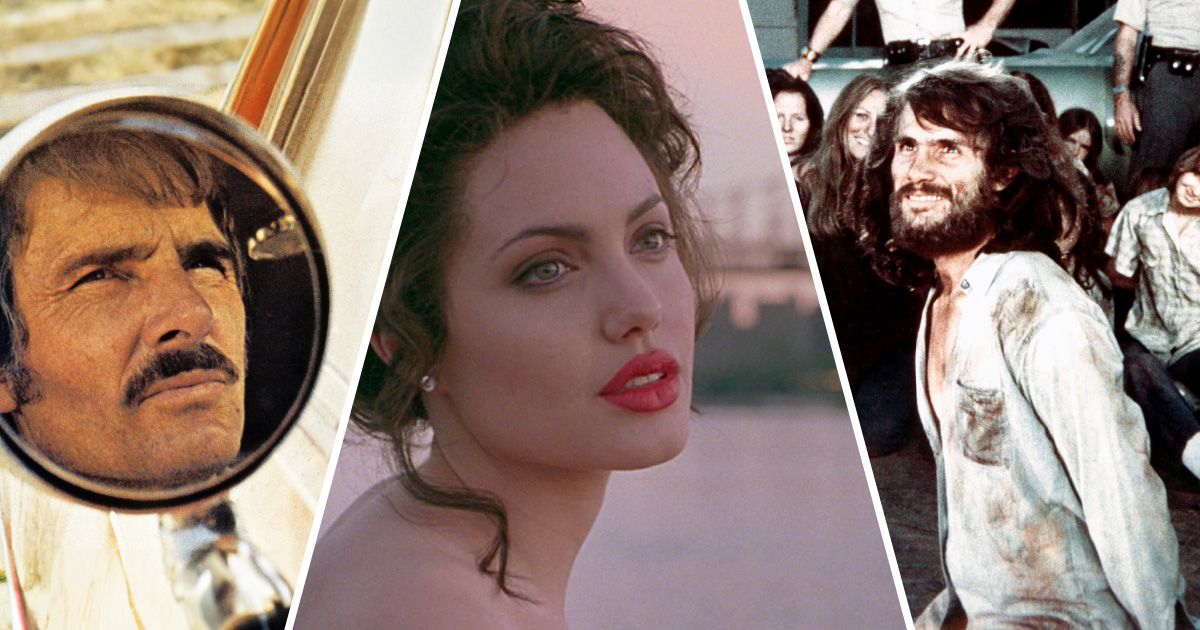
-3.jpg)
-3.jpg)
-3.jpg)
-3.jpg)
-3.jpg)
-3.jpg)
-3.jpg)
-3.jpg)
-3.jpg)
